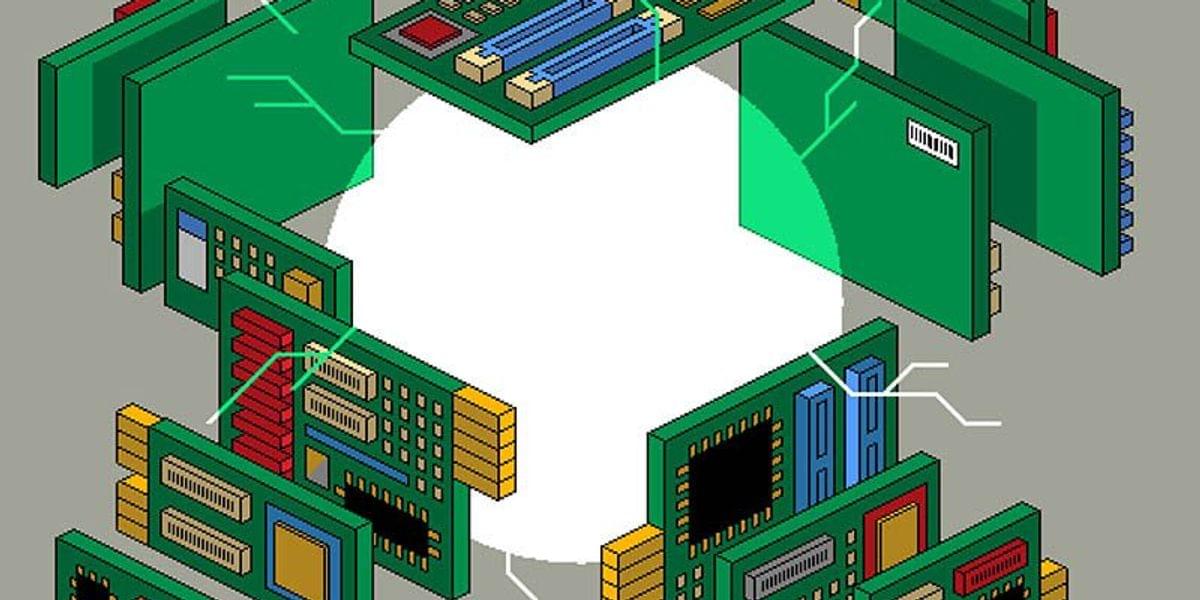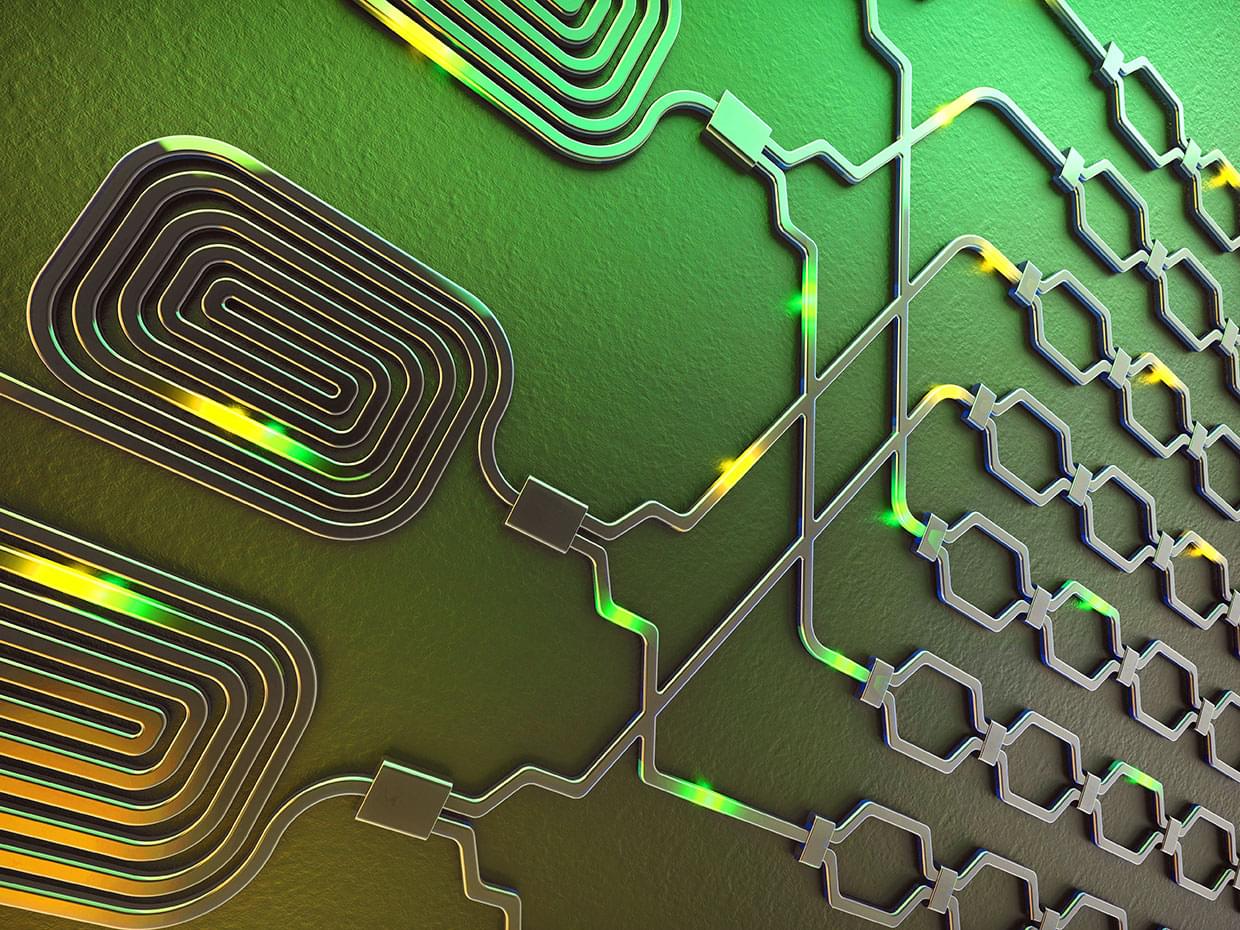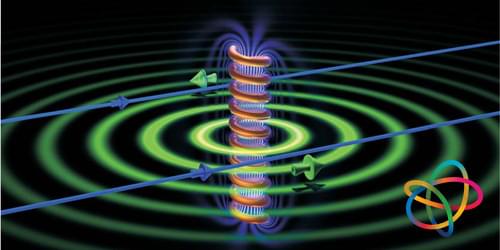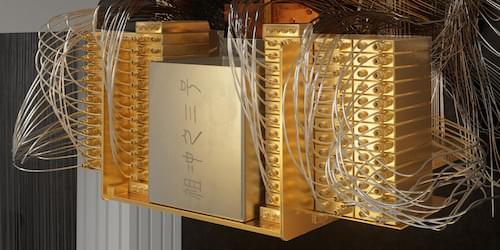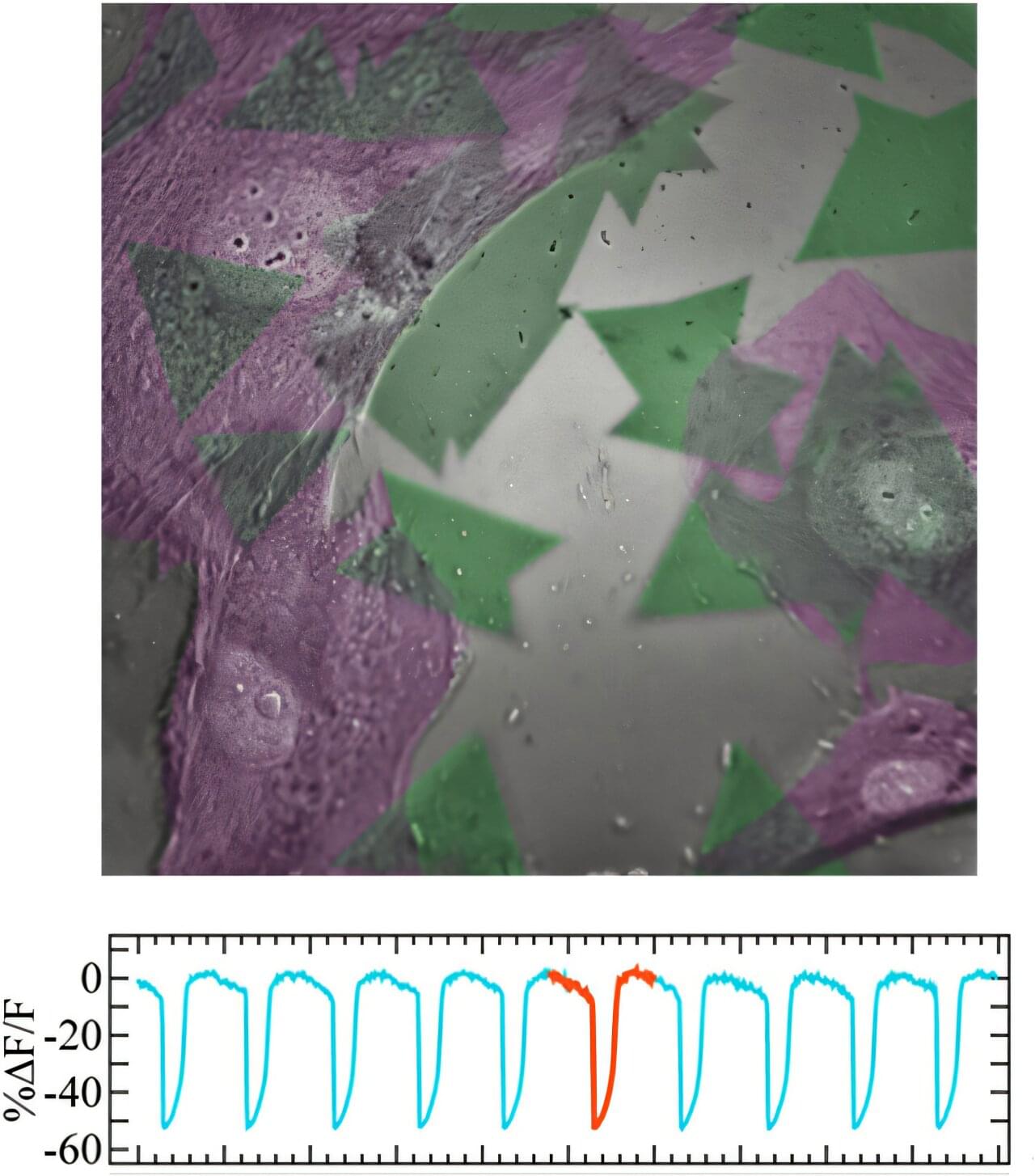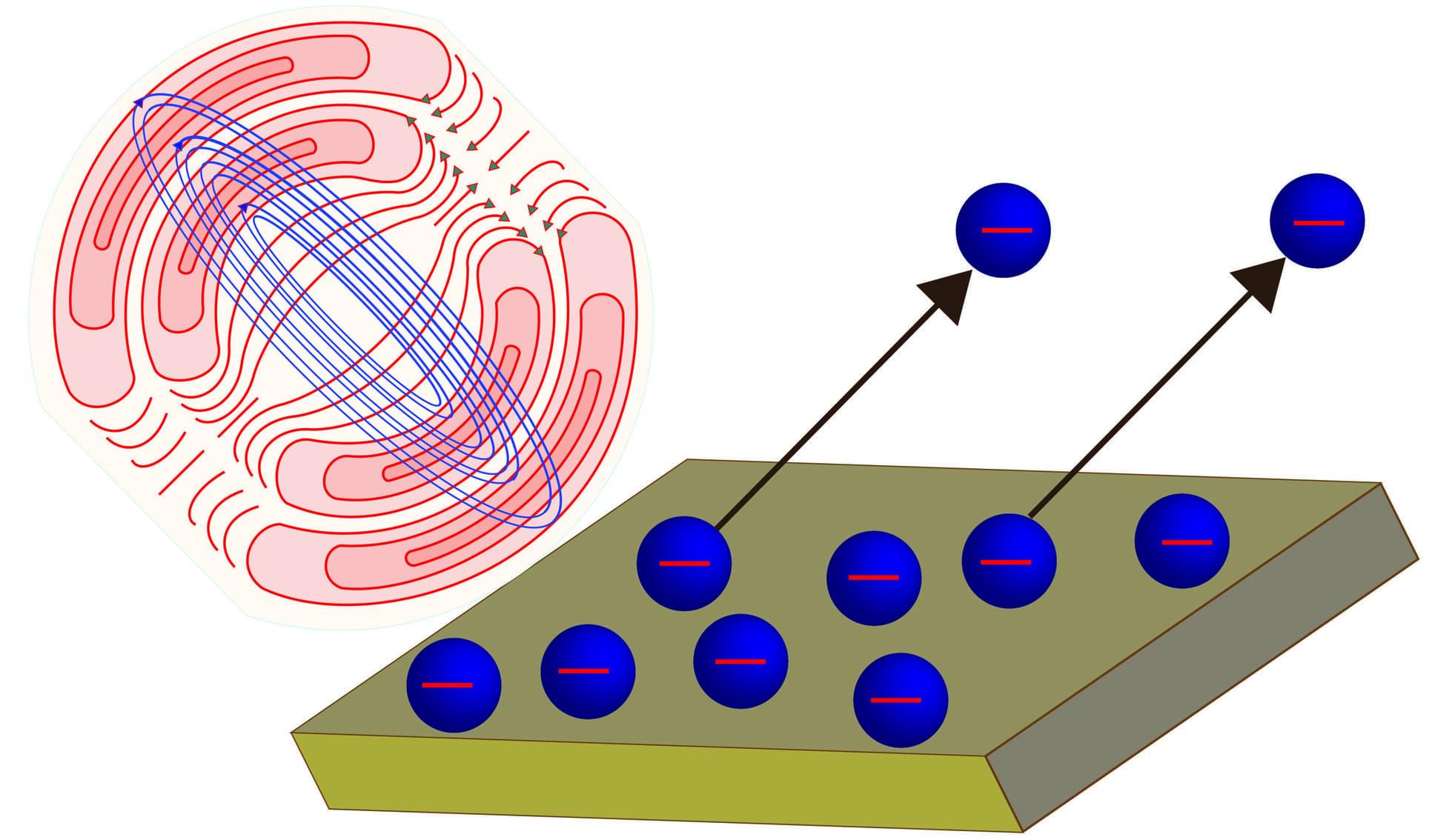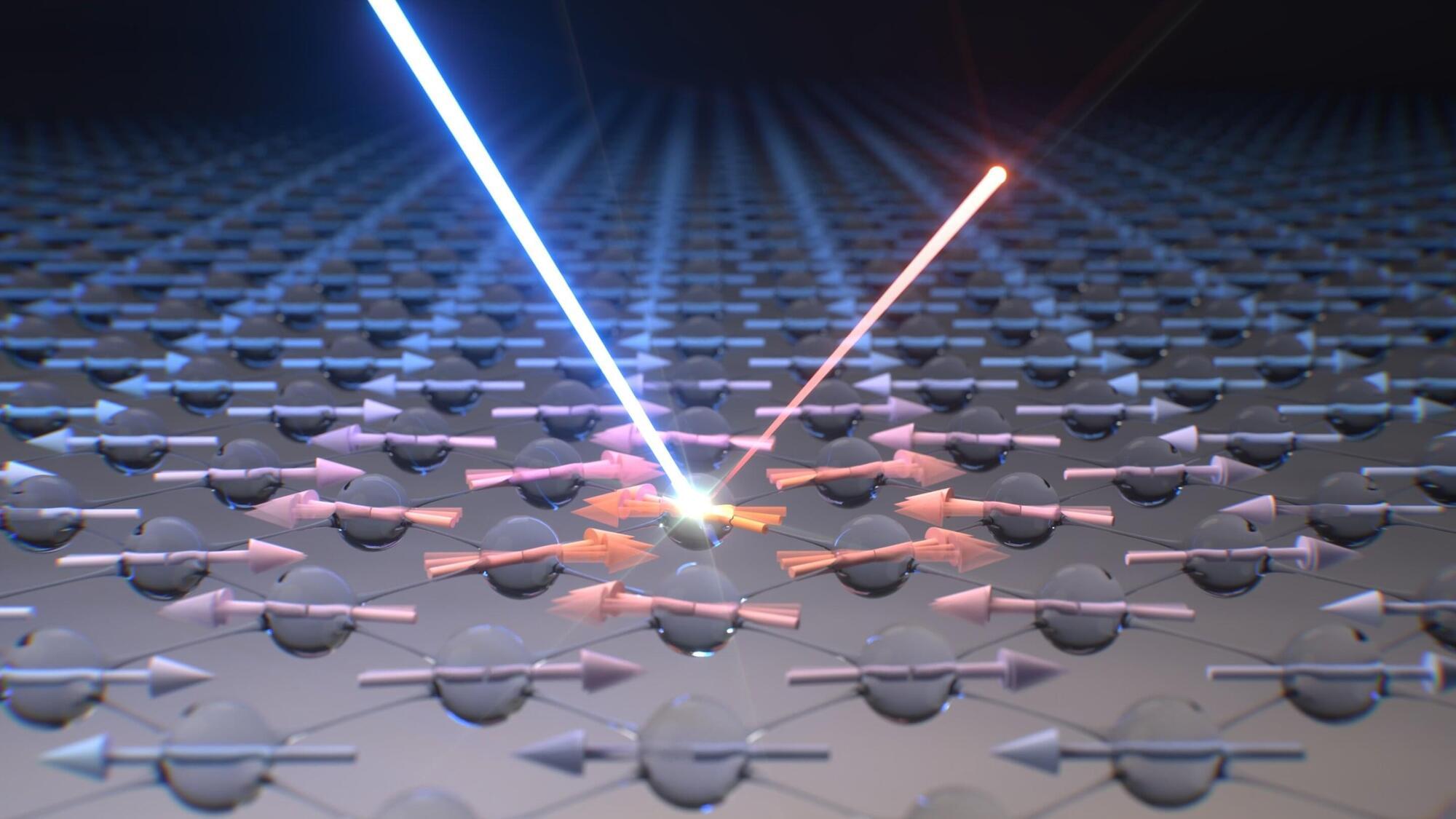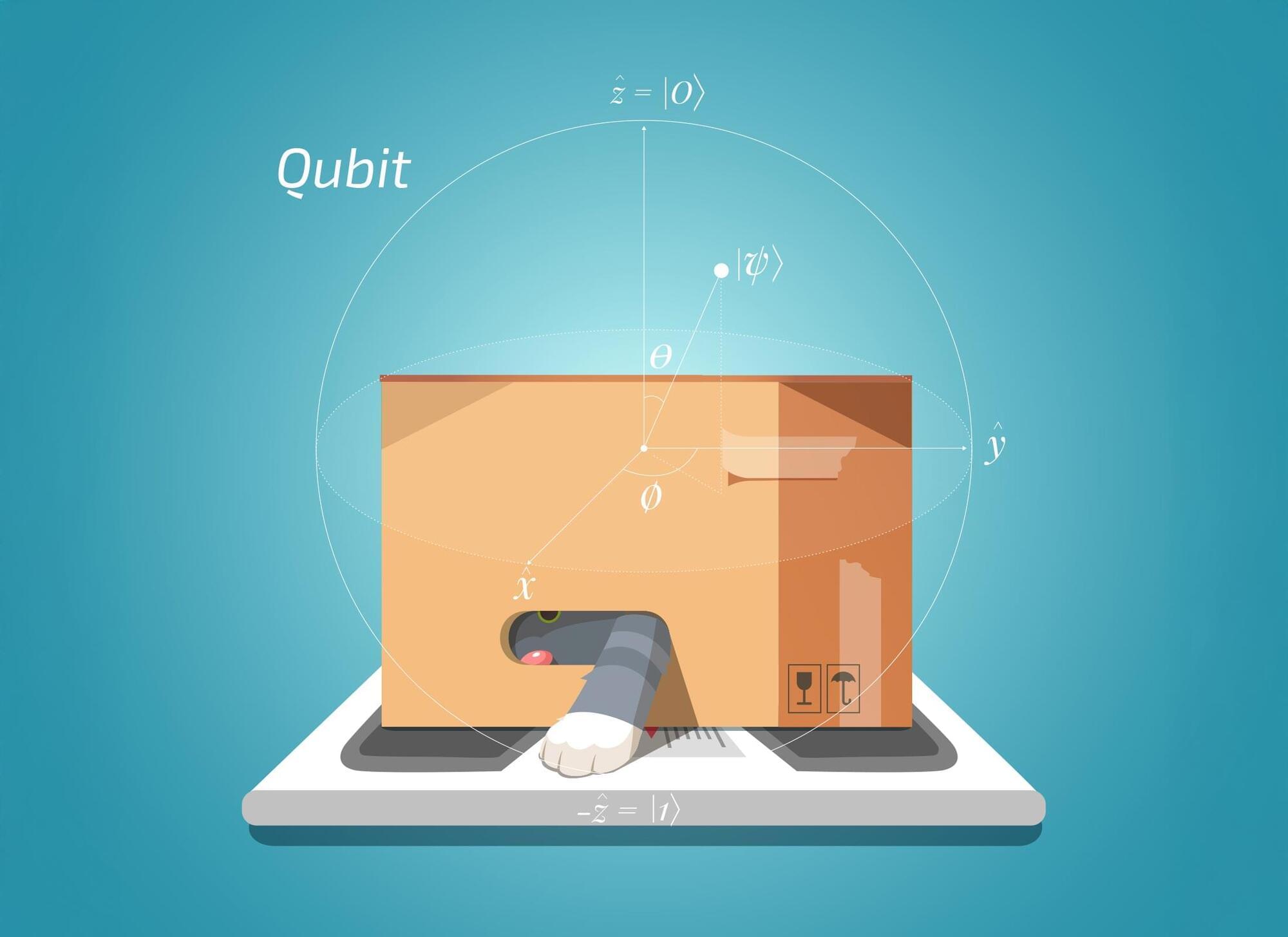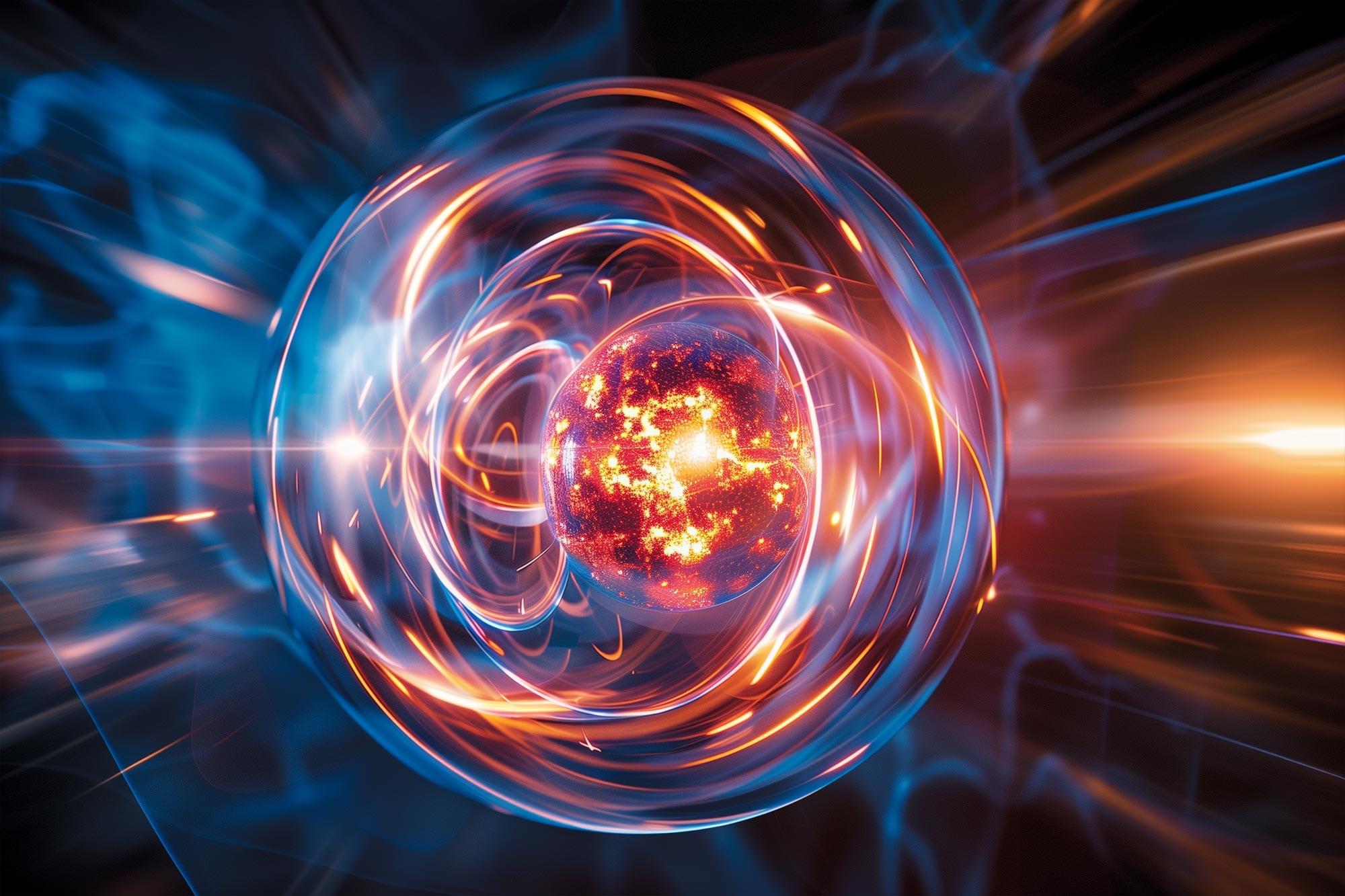Light was long considered to be a wave, exhibiting the phenomenon of interference in which ripples like those in water waves are generated under specific interactions. Light also bends around corners, resulting in fringing effects, which is termed diffraction. The energy of light is associated with its intensity and is proportional to the square of the amplitude of the electric field, but in the photoelectric effect, the energy of emitted electrons is found to be proportional to the frequency of radiation.
This observation was first made by Philipp Lenard, who did initial work on the photoelectric effect. In order to explain this, in 1905, Einstein suggested in Annalen der Physik that light comprises quantized packets of energy, which came to be called photons. It led to the theory of the dual nature of light, according to which light can behave like a wave or a particle depending on its interactions, paving the way for the birth of quantum mechanics.
Although Einstein’s work on photons found broader acceptance, eventually leading to his Nobel Prize in Physics, Einstein was not fully convinced. He wrote in a 1951 letter, “All the 50 years of conscious brooding have brought me no closer to the answer to the question: What are light quanta?”
